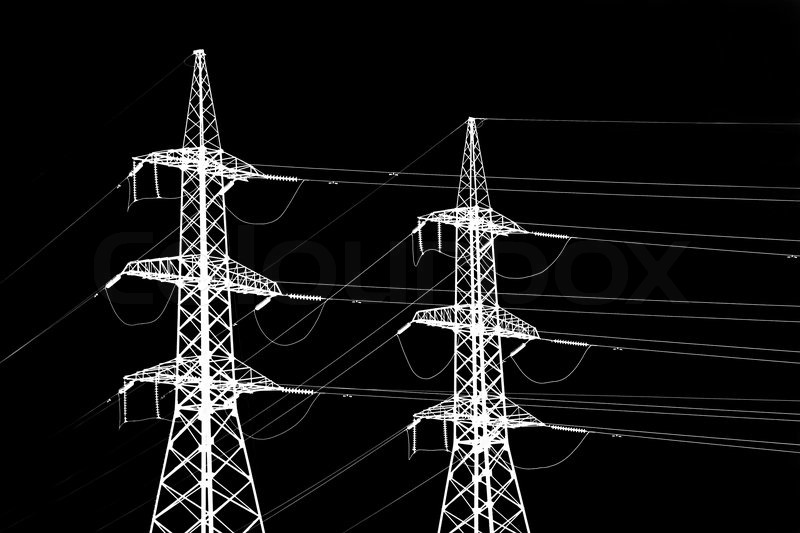- Power Sector Needs N1.260tr to Maintain 4,000MW in 2017
The Federal Government has concluded plans to raise $3.5 billion (N1.260 trillion) from the sale of government owned power plants, borrowing from banks and other multilateral financial institutions to maintain electricity generation of 4,000 MegaWatts (MW).
The Federal Ministry of Power said an estimated $3.5 billion budget appropriations will be required as part of the funding plan needed to revive Nigeria’s power sector. This is expected to ensure that a minimum baseline power generation of 4,000MW is guaranteed and distributed daily from 2017, to ensure stability of the grid.
Nigeria has 13,400MW of installed power generation capacity of which 8,000 MW is mechanically available. Less than 4,000MW is dispatched on the average over the last two years due to constraints in gas supply, electricity transmission, and, distribution. As a result, the lack of constant electricity supply has discouraged consumers’.
According to the country’s Power Sector’s Recovery Programme, obtained by The Guardian at the weekend, the financial shortfall in the power sector will be funded from the sale of government owned power plants, borrowing from the World Bank and other multilateral financial institutions and from the national budget.
It noted that work was ongoing to elaborate in detail the mechanism for funding the shortfall, taking into account fiscal space considerations as well as the detailed mechanisms on how the funding will be provided to market participants in tandem with regulator, governance and institutional reforms under the recovery programme to enforce market discipline.
The recovery programme stated: “The difference between cost recovery tariff and allowed effective average tariff –will be covered by the government through the Electricity Market Support mechanism, subject to annual amount allocated in the budget.”
The actual government contribution will be calculated monthly, based on information provided by licensees (energy billed and amount billed, to calculate actual average tariff of each DisCo), and reviewed by the Nigerian Electricity Regulatory Commission (NERC).
Speaking with The Guardian on the issue, Director/CEO at Electronics Development Institute, Awka, Nigeria, Ndinechi Michael, emphasised the need for Federal Government to protect the consumers to an extent by insisting that consumers that are not provided with prepaid meters within a stipulated period of time, should stop paying electricity bill or better still peg it at N3,000 a month.
Ndinechi said this will force Dicos to provide consumers with prepaid meters, saying, “an average consumer consumes more than N3,000 worth of electricity a month. With increasingly difficulty in sourcing foreign exchange for importation, Discos will not have any alternative than to look inwards.”
The Chief Executive Officer, Genesis Energy Group, Akinwale Omoboriowo II, said that bureaucracy and burdensome processes associated with securing investment licences and permits must be simplified in order to remove the unwelcoming encumbrances that scare intending investors.
He said rather, investor-friendly policies and concessions should be put in place with transparent laws and an autonomous regulator with measurable Key Performance Indicators (KPIs).
“Again, continuity mechanisms and the sanctity of contracts must be guaranteed regardless of change in governments. It is imperative to encourage the emergence of mini and micro grids, which can co-exist with large grids. Alternative funding from the Corporate Sustainability and Responsibility (CSR) Departments of Multinational Companies and big corporate organisations are also necessary,” he added.

 Billionaire Watch3 weeks ago
Billionaire Watch3 weeks ago
 Startups4 weeks ago
Startups4 weeks ago
 News4 weeks ago
News4 weeks ago
 News4 weeks ago
News4 weeks ago
 Bitcoin4 weeks ago
Bitcoin4 weeks ago
 Naira4 weeks ago
Naira4 weeks ago
 Forex3 weeks ago
Forex3 weeks ago
 Treasury Bills4 weeks ago
Treasury Bills4 weeks ago















